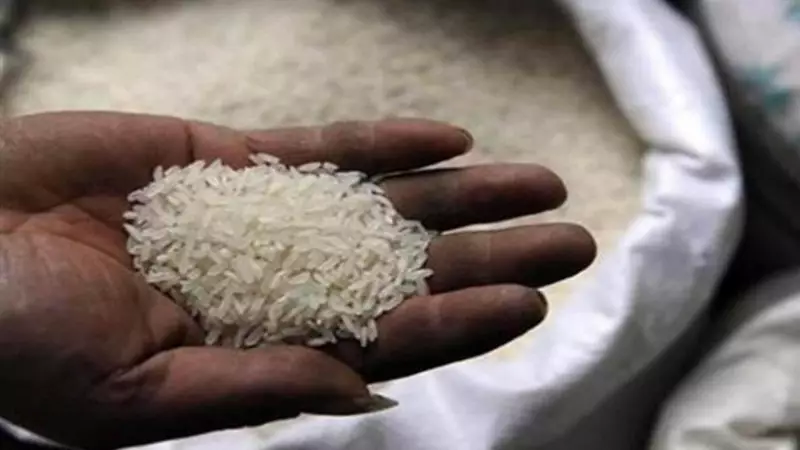
The Indian Council of Agricultural Research (ICAR) has launched a strong counter-offensive against environmental advocacy group GM-Free India, dismissing their recent allegations as completely "baseless" and accusing them of promoting an "anti-development" agenda that could hinder scientific progress in Indian agriculture.
The Core Controversy
The dispute centers around claims made by GM-Free India regarding unauthorized field trials of genetically modified rice across multiple Indian states. The environmental group had alleged that these trials were being conducted without proper regulatory oversight, potentially risking contamination of traditional rice varieties.
ICAR's Forceful Rebuttal
In an official statement that pulls no punches, ICAR has categorically denied all allegations, stating that the claims are not only scientifically inaccurate but also deliberately misleading. The premier agricultural research body emphasized its strict adherence to all regulatory protocols and biosafety guidelines governing GM crop research.
"The allegations are completely baseless and appear to be motivated by an anti-development mindset rather than scientific facts," the ICAR statement declared, highlighting what it sees as a pattern of obstruction against agricultural innovation.
Broader Implications for Indian Agriculture
This heated exchange represents more than just a scientific disagreement—it touches upon critical questions about India's agricultural future. The controversy raises important discussions about:
- The balance between food security and environmental safety
- The role of genetic modification in addressing climate challenges
- Regulatory frameworks governing agricultural biotechnology
- Public perception and acceptance of GM crops
The Stakes for Indian Farmers
At the heart of this debate lies the future of millions of Indian farmers who depend on rice cultivation. Proponents argue that GM technology could offer solutions to pressing problems like pest resistance, drought tolerance, and improved yields. Meanwhile, opponents maintain concerns about long-term ecological impacts and corporate control over seeds.
The intensity of ICAR's response underscores how high the stakes are in this ongoing battle over the direction of India's agricultural policy and research priorities.





